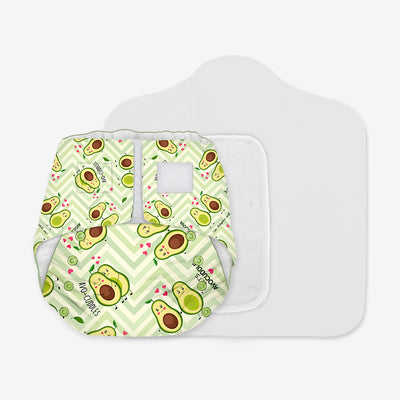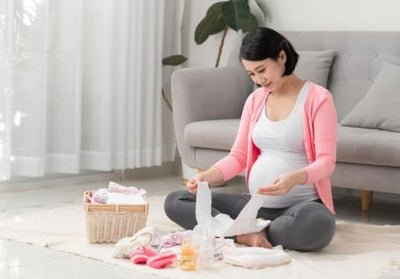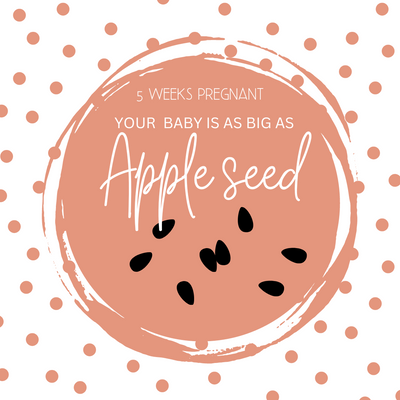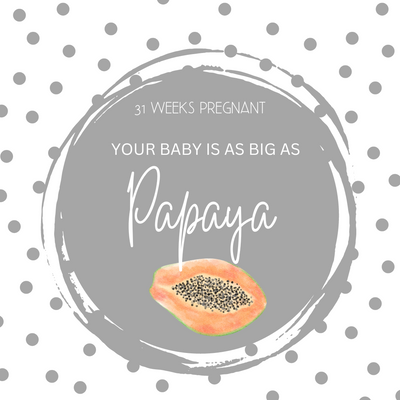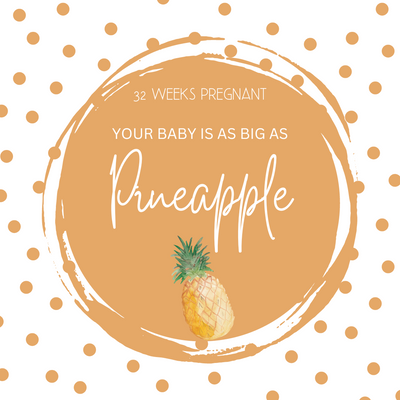1 Weeks Pregnant-What to Expect and How to Prepare

Are you newly pregnant and wondering what's happening inside your body during the first week of pregnancy? While you might not even know you're pregnant yet, there are already exciting changes taking place. Read on to learn more about what to expect and how to prepare for the weeks ahead.
What Happens During Week 1 of Pregnancy?
The first week of pregnancy is actually the week of your last menstrual period (LMP), even though conception hasn't occurred yet. Since doctors typically count pregnancy from the first day of your LMP, you're considered 1 week pregnant even if you haven't ovulated or conceived yet.
During this week, your body is preparing for ovulation and fertilization. Your uterus is building up its lining, called the endometrium, in preparation for a fertilized egg to implant. Your ovaries are also getting ready to release an egg, which will travel down the fallopian tube toward the uterus.
If you have sex during this time, the sperm can survive inside your body for up to 5 days, waiting for the egg to be released. Once the egg and sperm meet, fertilization occurs and the process of pregnancy officially begins.
What Symptoms Can You Expect at 1 Week Pregnant?
Since you haven't actually conceived yet, you won't experience any pregnancy symptoms during the first week of pregnancy. However, you might be able to track your ovulation symptoms, which can include:
1. Increased cervical mucus
2. Mild pelvic pain or twinges
3. A change in your basal body temperature
4. If you're actively trying to conceive, tracking these symptoms can help you pinpoint when you're ovulating and increase your chances of getting pregnant.
How to Prepare for Pregnancy at 1 Week Pregnant
Even though you're not technically pregnant yet, it's never too early to start preparing for pregnancy. Here are some things you can do to set yourself up for a healthy pregnancy:
Start Taking Prenatal Vitamins:-
Prenatal vitamins are essential for a healthy pregnancy, as they provide your body with the nutrients it needs to support a growing fetus. Ideally, you should start taking prenatal vitamins at least 3 months before you start trying to conceive.
Look for a prenatal vitamin that contains at least 400 micrograms of folic acid, which can help prevent birth defects of the brain and spine.
Cut Out Unhealthy Habits:-
If you're a smoker or heavy drinker, now is the time to quit. These habits can have a negative impact on fertility and increase the risk of miscarriage and other pregnancy complications.
You should also start cutting back on caffeine, which has been linked to a higher risk of miscarriage. Aim to keep your caffeine intake to less than 200 milligrams per day (about one 12-ounce cup of coffee).
Get to a Healthy Weight:-
Being underweight or overweight can both have a negative impact on fertility and increase the risk of pregnancy complications. Aim to get to a healthy weight before you start trying to conceive.
Talk to your doctor about what a healthy weight is for you and how to achieve it through diet and exercise.
Practice Stress-Reduction Techniques:-
Stress can have a negative impact on fertility and make it harder to conceive. To reduce stress, try practising relaxation techniques such as yoga, meditation, or deep breathing exercises.
You should also aim to get enough sleep each night, as lack of sleep can also contribute to stress. While you might not know you're pregnant yet, the first week of pregnancy is an important time to start preparing for a healthy pregnancy. By taking care of yourself through proper nutrition, exercise, and stress reduction, you can give yourself the best chance of conceiving



